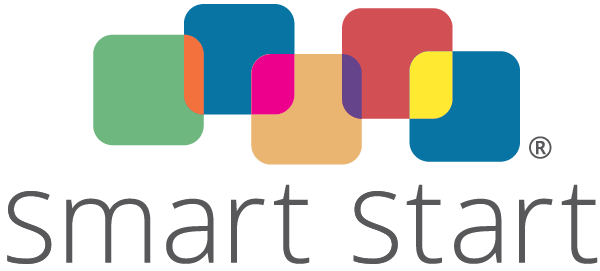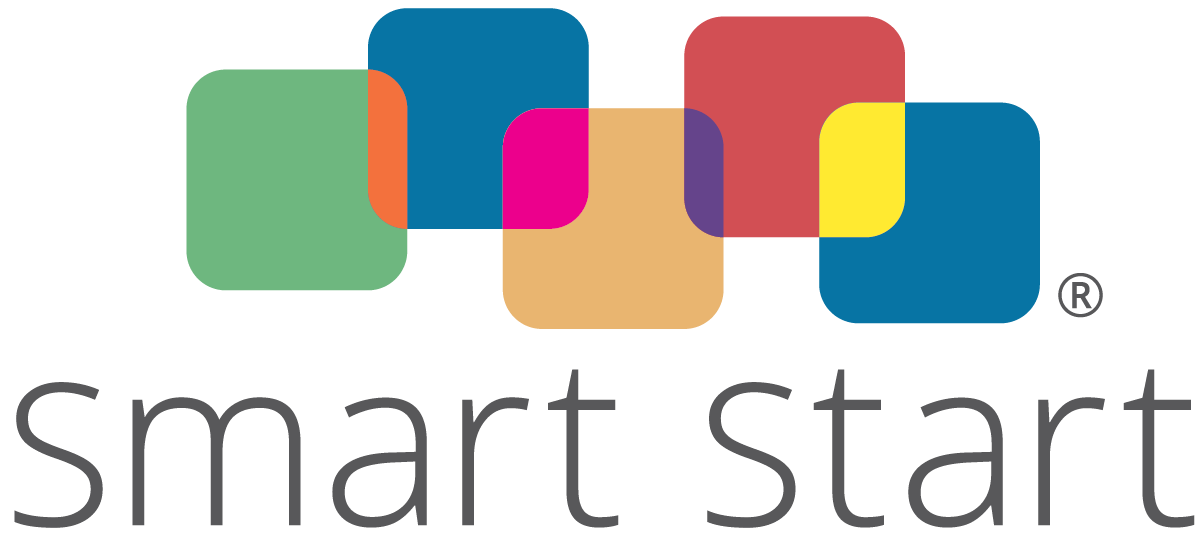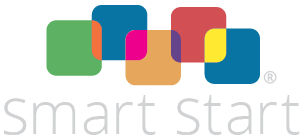Family Engagement and Leadership within the Smart Start Network
In 2019, The North Carolina Partnership for Children (NCPC) was awarded funding from DHHS, The Division of Child Development and Early Education through the Preschool Development Grant (PDG). The PDG required states to implement certain activities, including maximizing parental choice and knowledge about the state’s mixed delivery system of Early Childhood Education programs and services. This included promoting increased family engagement and leadership for parents in the education of their children.
The Smart Start Network consists of 75 Smart Start Local Partnerships that serve all 100 counties in North Carolina, and the North Carolina Partnership for Children (NCPC). Smart Start is a nationally recognized leader in early childhood and healthy development. Our network of early childhood partnerships provides expertise, guidance and infrastructure to ensure North Carolina children receive the care and nurturing they need to thrive. Tailored to meet the specific needs of each community, we invest in early education, literacy, health and family support so that our children are ready to succeed, lead productive lives and contribute to a strong, vibrant North Carolina.
During May 2019-Feb 2020, NCPC collaborated with 10 Smart Start Local Partnerships to expand family engagement and leadership opportunities across the programs and local coalitions they were funding. With PDG funds and resources, the network was given an opportunity to evaluate and expand the roles that families have within operational and strategic functions in the Local Partnership—and in larger county-wide activities. The newly released NC Family and Engagement Framework defines a continuum of roles for families to hold within organizations and coalitions of organizations. They are:

Each local partnership within Cohort 1 of the PDG Family Engagement and Leadership Expansion Project piloted an action planning process to improve their current connections with families and served as active participants in the development of the NC Early Childhood Family and Leadership Framework. Their local work informed statewide planning to increase family engagement in early care and education.
Local Partnerships work with community partners to improve outcomes (including closing racial disparities) for families, children, and early childhood professionals in their community. To realize significantly improved outcomes, local early childhood systems must create space for those receiving services to influence those developing services. Family-led work addresses root causes and creates stronger systems of care.



